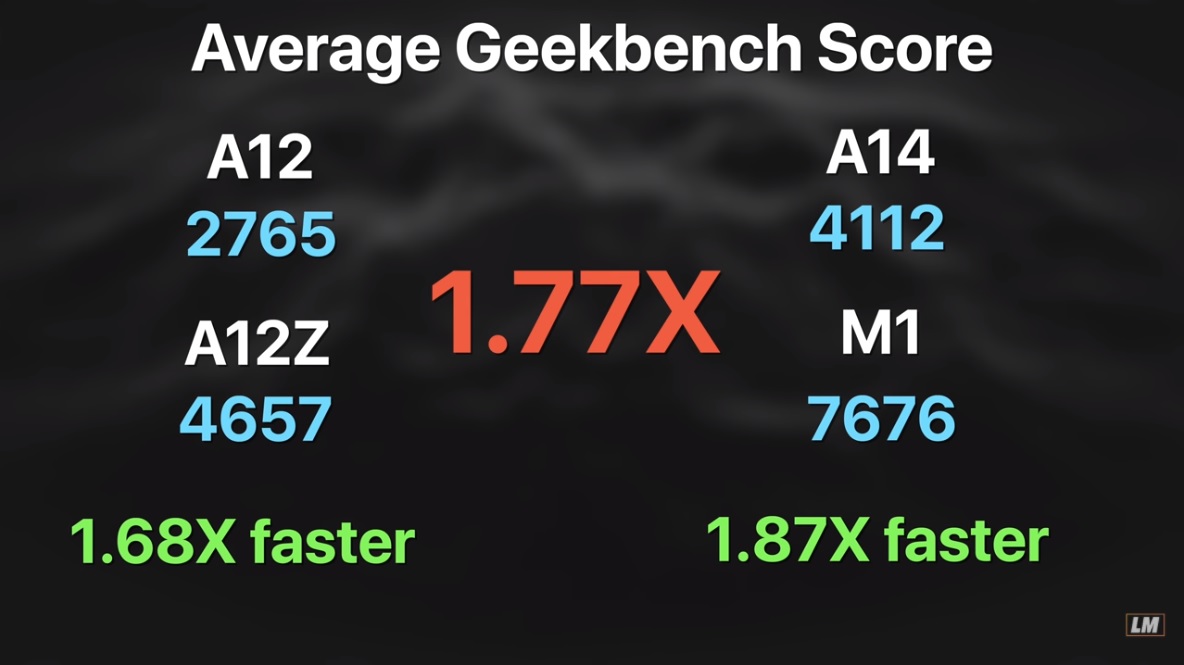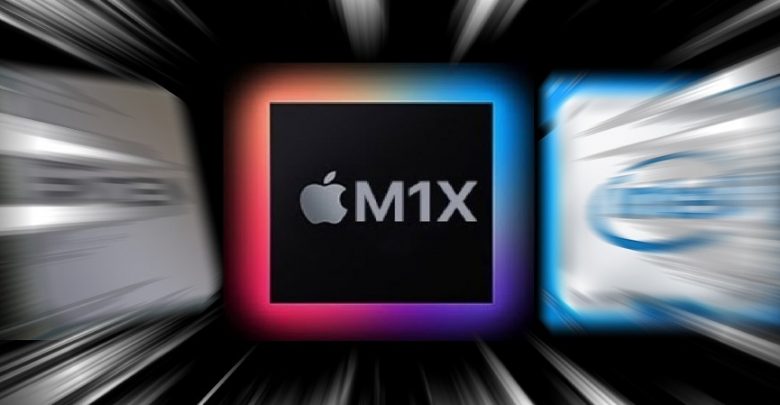
Apple will be releasing their new MacBook Pro models within the second half of 2021, so we will eventually see the true performance of the M1X within a few months from now! The upcoming chipset is said to be even more powerful than the 5nm M1, and one YouTuber has provided some estimated numbers based on the performance data of existing Apple chipsets. One thing is for sure; assuming these figures are accurate, the new MacBook Pro models could be the fastest portable machines the world has bore witness to.
Estimated multi-core performance results for the expected M1X processor have the upcoming Apple Silicon taking on power-hungry desktop rivals such as the Intel Core i9-10900K and AMD Ryzen 7 5800X. Speculated Geekbench 5 and Cinebench R23 scores for the Apple M1X chip are based on it offering 1.77x the performance of the current M1 silicon.
The name M1X is only speculation as there is no official name for the new chip yet
Even though Apple has not officially named a successor to its M1 silicon, the name “M1X” has started to stick, at least for the time being until some confirmation comes out of Cupertino. What does matter is how it will perform. If content creator Luke Miani’s calculations are even a little close, it could make the new chipset faster than some desktop processors!
Apple M1X performance estimates:
The expected hybrid Apple Silicon, which is believed to sport 12 CPU cores (8x high-performance “Firestorm” cores and 4x power-saving “Icestorm” cores), has been estimated by Miani to potentially offer 1.77x the performance of the Apple M1. Miani came to this estimate by comparing the differences in results between the A12 and A12Z (1.68x faster) and the A14 and M1 (1.87x faster) and then picking an average for the M1X. He makes it clear throughout his presentation that these are estimates and guesses that should be taken with a pinch of salt.
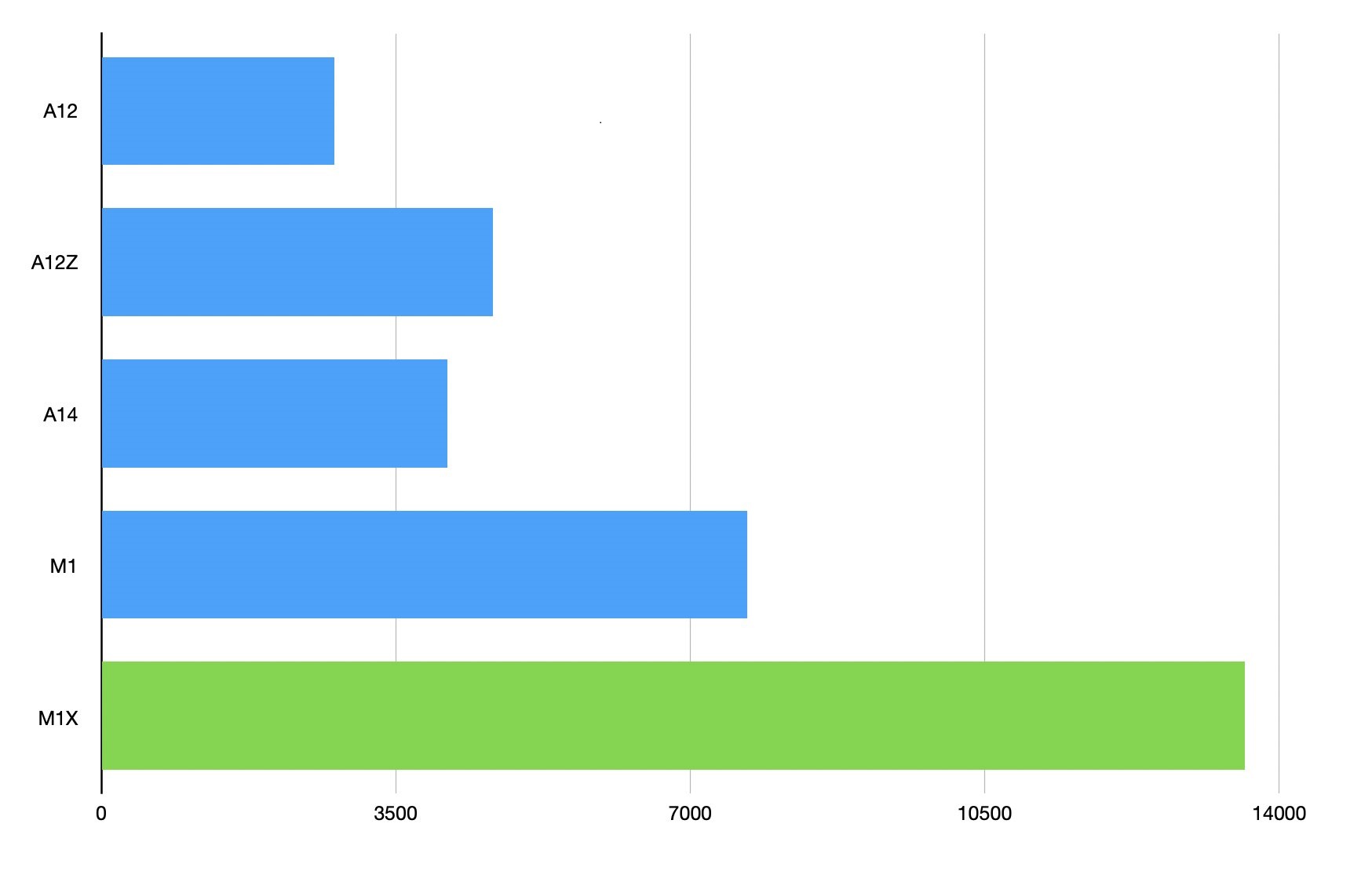
With his 1.77x performance multiplier in mind, Miani then predicted some Geekbench 5 and Cinebench R23 multi-core results for the potential Apple M1X. The score for the former benchmark was particularly astonishing, with the Apple Silicon being awarded 13,586 points. According to the results, the Geekbench multi-core score of the M1X almost touches 14,000! Looking at the current Geekbench processor chart shows that this would put the M1X nearly +25% ahead of the 10-core i9-10900K and almost +30% ahead of the 8-core Ryzen 7 5800X. In fact, this mighty result would actually position the Apple M1X just -4.40% behind the 12-core Ryzen 9 5900X. Miani stresses that he does not believe the Apple Silicon will be ready to take on such a Ryzen 9 competitor just yet, but the estimates certainly indicate that future owners of 2021 MacBook Pro laptops or iMac desktops fitted with this particular processor will not be left wanting for performance.
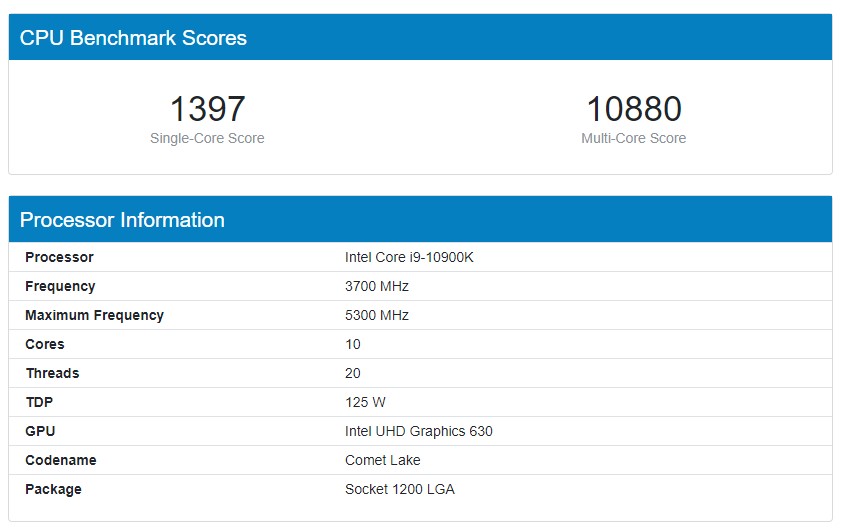
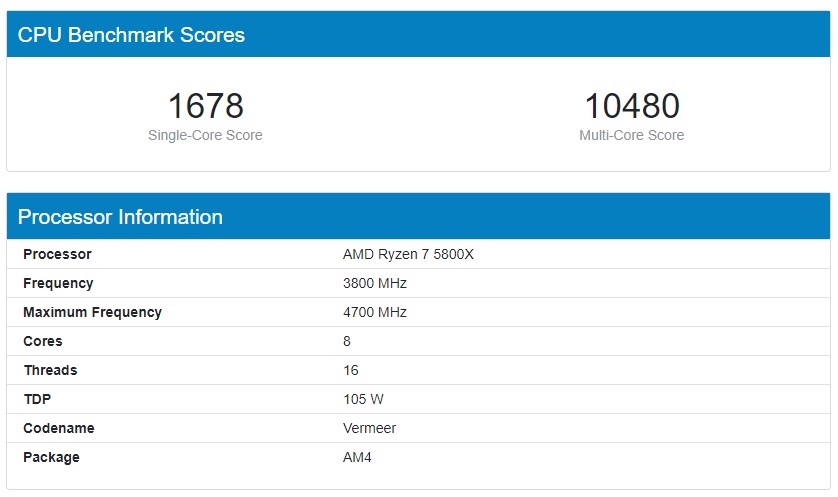
The Cinebench R23 estimates paint a similar picture for the 12-core Apple Silicon, with the Intel Core i9-10900K and AMD Ryzen 7 5800X being faster on this synthetic benchmark but not by much and also having much higher power draws than the M1X. Miani reasons that there might be a 35 W TDP variant of the Apple M1X for the MacBook Pro 14 while a “full-fat” 45 W TDP version could appear in the 2021 iMac refresh. It’s reasonable speculation, and his result predictions are still incredible when you take into account that the Ryzen 7 5800X has a 105 W TDP and the i9-10900K has a 125 W TDP. Of course, as Miani rightly states, these figures are based on his “napkin math”, but he has also been cautious with some of his estimates, and the Apple M1X might even perform at a greater pace than what has been suggested here.
